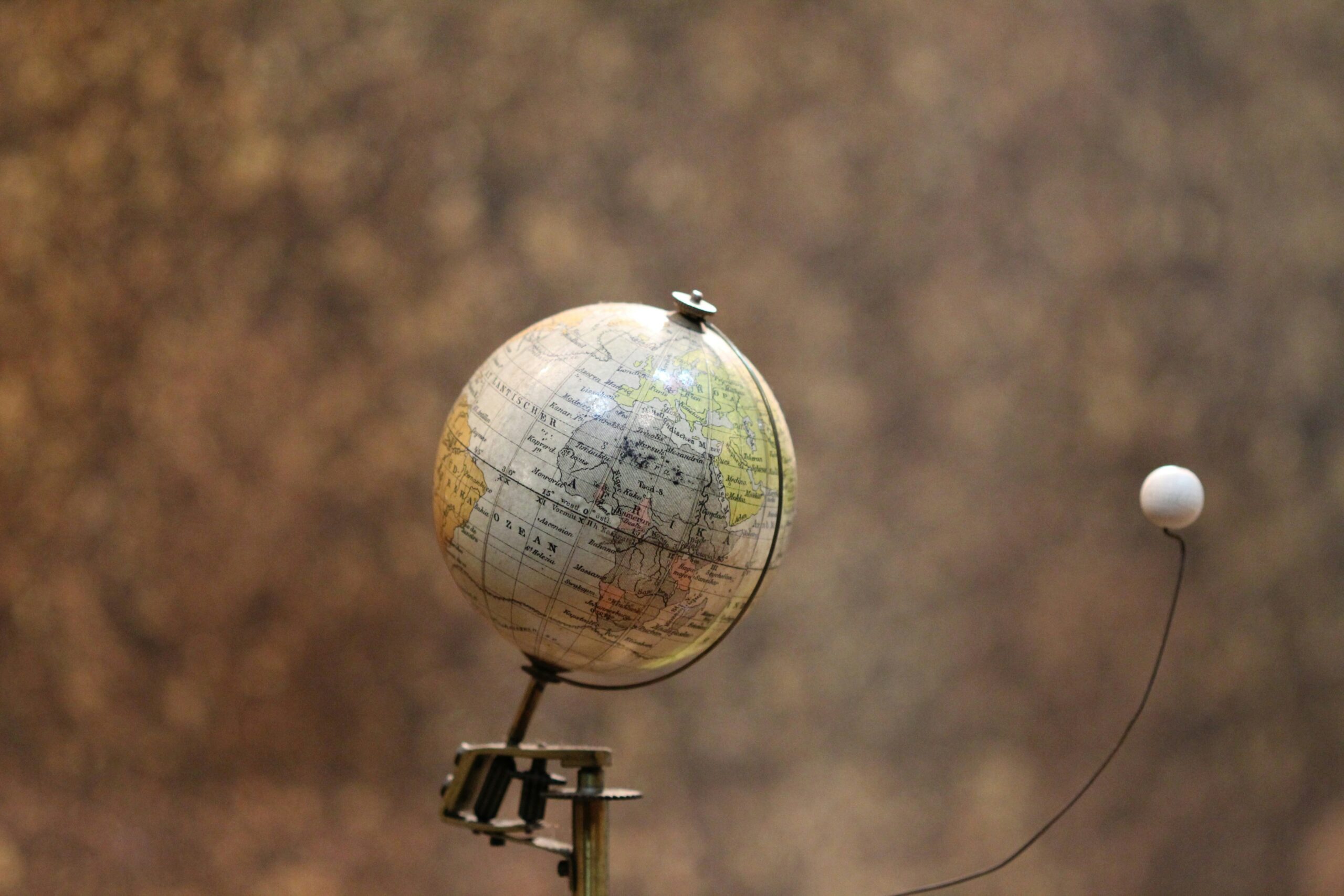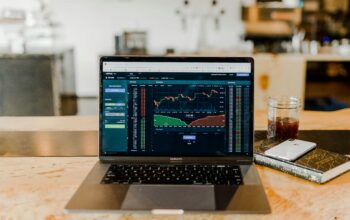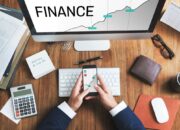Uzone.id – The current political conflict in Ukraine has caused a significant shift in the international economic system. The following areas have been most affected by this including Europe where several countries fall in.
Mainly among the numerous effects expressed some of them which are quite conspicuous; the energy prices have escalated. In addition, Europe’s interdependency with Russia in energy supply especially natural gas and oil makes the continent extremely sensitive to price volatility. High inflation has been a result of the increased energy prices with companies having to also pay more for energy in addition to losing the buying power among consumers.
“The war in Ukraine has created the biggest economic shock in Europe since World War II. The drastic increase in energy prices and supply chain disruptions have triggered unprecedented inflation and threatened economic growth in the region,” said Laurence Boone, OECD Chief Economist.
The war in Ukraine also impacts the supply chain. Russia and Ukraine are part of the global supply chain, especially in the supplies of commodities like wheat, vegetable oil, and fertilizers. They have disrupted supply chains, raised the costs of food, and endangered food availability across several European nations.
The situation in Europe Improved political and economic stability due to the war and hence has investors zero confidence when addressing issues to do with investment. This has resulted in a decline in investment which has negative implications for the growth of the economy.
This war in Ukraine has also forced many countries in Europe to spend more to minimize the effects of the crisis whether through subsidizing energy or through food subsidies. As a result, there has been a rise in public debt which also means that the government will have constrained fiscal capacity in the future to fund stimulus measures.
Ursula von der Leyen, President of the European Commission, emphasized, “The European Union is working hard to reduce dependence on Russian fossil fuels and accelerate the transition to clean energy. However, this process requires time and significant investment.”
In these conditions, many companies in Europe have been trying to act correspondingly to cope with uncertainty and sustain their business. Some of the measures practiced are; diversifying supply sources. Firms are beginning to avoid reliance on a single supplier, or a specific geographic location’s products to achieve a more diverse supply.
Implementation of new technologies like automation and artificial intelligence in operation can make the operation efficient, reduce cost, and also can adapt to change. War has also forced consumers to become sensitive to environmental and social aspects. The commitment to sustainability also ensures that it serves to create a good image, and investor attraction as well as provide better business models in the industry.
There is also the issue of having sound capital structures capable of sustaining organizations in the wake of negative effects due to other economic downturns. This can be achieved through an increase in revenues, efficient management of risks, and building up cash buffers. The other way is to support companies by engaging business partners, governments as well as non-profit organizations to assist in the identification of difficult business problems and the development of appropriate solutions.
Jensen Huang, CEO of NVIDIA, said, “The uncertainty caused by this conflict has forced us to re-evaluate our entire supply chain. We are investing significantly in diversifying our supply sources and increasing the resilience of our business.”
Looking at the EU economy as a whole, I think one should mention that Europe is pretty durable taking into consideration the war in Ukraine. With good policies and the ability to quickly change, Europe’s corporate sector can leave this recession and even look for opportunities for new development.
Several considerations determine the tendencies of further European economic development including the duration of any conflict – the longer it lasts, the bigger the consequences for the economy. Measures and then government policies are as follows: There is an appropriate fiscal and monetary policy that can minimize the impact of the crisis.
The use of clean energy can also ensure that Europe is free from the constantly fluctuating control of fossil fuels and therefore increase its security on energy. On the other hand, what such companies working on is the ability to think and to create new products and services, they will be better positioned to handle future problems.
The Ukrainian conflict has proved useful in terms of preparing economic lessons and a lesson in doing business, that of diversification. Those organizations that implement quick and relevant changes will better stand the test of uncertainty and come out with superior strategies.















